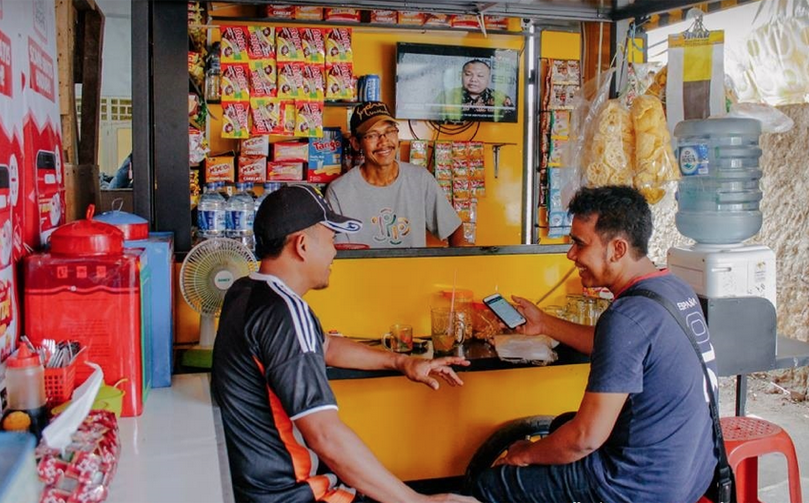Through the art of exhibition, curators immerse people in new worlds and new points of view, whether by transporting visitors to 18th century India or through challenging art history’s colonial gaze. The goal of an exhibition is a shift in perspective, to move people to think differently about...


